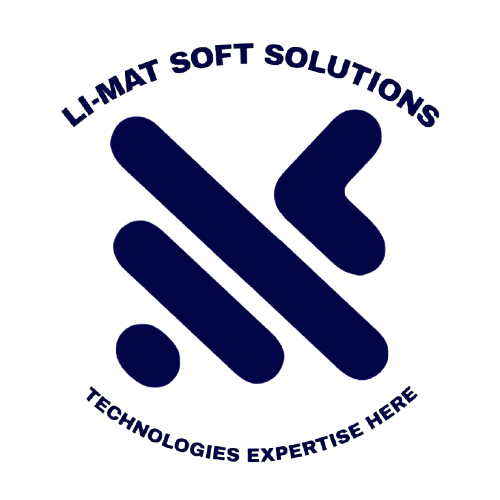1. What is DSA?
DSA stands for Data Structures and Algorithms. It is a fundamental concept in computer science that deals with organizing and processing data efficiently.
2. Why is data structures and algorithms important for students and professionals?
DSA is crucial for students and professionals in the field of computer science as it forms the backbone of problem-solving and efficient algorithm design. It is essential for technical interviews, coding competitions, and building robust software applications.
3. What will be the duration of the Data structures and algorithms course?
The standard dsa course will be of 6 months but if you are in your placement season and need to brush up DSA concepts quickly, then we also provide crash-courses of 1 month or 2 months.
4. Who can apply for the 6-month Data structures and algorithms course?
The 6-month DSA course is open to students and professionals from various backgrounds, including B.Tech, BCA, and other branches. Anyone interested in learning and improving their DSA skills and problem solving ability can apply.
5. What topics are covered in the course?
The course covers a comprehensive range of DSA topics, including data structures like arrays, linked lists, trees, graphs, and algorithms such as sorting, searching, dynamic programming, and more. We have provided the complete details in our page itself. Also if someone is revising, they can follow our monthly curriculum. Apart from these topics, data structures and algorithms interview questions will also be covered in the course.
6. Are there any prerequisites for the course?
Basic programming knowledge is recommended as a prerequisite for the course. Familiarity with any programming language like C++, Java, or Python, specially, loops, conditionals, functions will be beneficial. The course is designed in c++, but along with theories and algorithms, pseudo code and and proper working code will also be discussed in the class. You just need to brush up the syntax and little bit logical part.
7. Is there any certification provided after completing the course?
Yes, upon successful completion of the 6-month DSA course, participants will receive a certification acknowledging their proficiency and grade in DSA concepts.
8. Are there any placement opportunities after completing the course?
Li-Mat Soft Solutions assists students in enhancing their placement prospects. The course includes dedicated sessions on interview preparation, resume building, and technical problem-solving to help students excel in job interviews. So, there won't be any direct placements, but if you perform well and follow the classes properly you will be able to crack interviews very easily.
9. How can I enroll in the course?
To enroll in the course, you can visit our website and fill out the enrollment form. Our team will guide you through the registration process and provide further details. After registration, you will be given a date for your Pre-Assessment Test and depending on your score there will be 1-1 interview. After the interview you will be notified discount based on your performance, and you will be informed the starting date.
10. Can I access course materials and lectures after the course completion?
Yes, participants will have access to the course materials and recorded lectures even after completing the course. This allows for revision, reference, and continued learning at your own pace.
11. Are there any assessments or exams during the course?
Yes, periodic assessments and coding challenges are included to evaluate your progress and understanding of the course material. These assessments help gauge your learning and provide an opportunity for self-assessment.
12. Can I interact with fellow learners during the course?
Yes, we encourage interaction and collaboration among learners. Our course includes discussion forums, group projects, and coding competitions to foster a sense of community and facilitate knowledge sharing.
13. Are there any additional resources provided apart from the course materials?
Along with the course materials, we provide recommended books, online resources, and practice problems to further enhance your learning. These additional resources supplement the course content and offer opportunities for further exploration.
14. What makes Li-Mat Soft Solutions' DSA course unique?
Li-Mat Soft Solutions' DSA course stands out with its comprehensive curriculum, experienced instructors, practical approach, and personalized guidance. We offer interview preparation assistance, flexible timings, and continuous support. Gain in-depth knowledge, hands-on coding experience, and sharpen your problem-solving skills. Prepare for interviews, enhance your employability, and thrive in the world of programming. Choose Li-Mat Soft Solutions for a unique learning experience that propels your DSA mastery and opens doors to new opportunities.





























